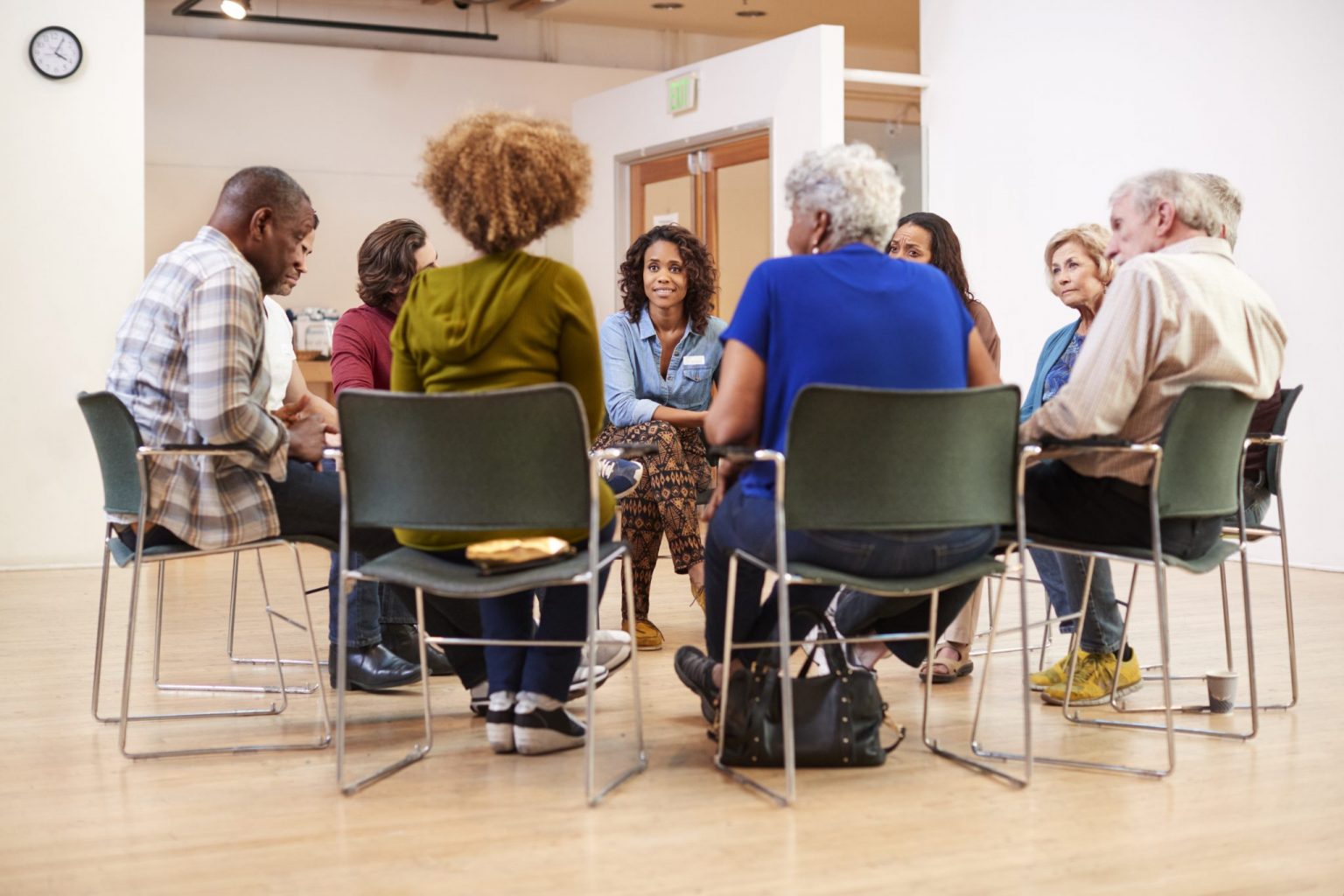One of the most important benefits of the gradually increasing awareness of mental health issues today is a growing understanding of the value of counselling, support, and therapy. There was a time when discussing mental health and a desire for the support of a counsellor was highly stigmatizing. Thankfully, that is changing. Almost as troubling as stigma, though, is the lack of information about the various types of support, therapy, and counselling available — and how they can help.
What is Family Counselling?
Family therapy or counselling is a type of psychotherapy that includes the participation of all members of a family unit, members that may include parents and children, stepfamily members, and even extended family members such as aunts, uncles, grandparents, and caregivers. Family counselling goals include improving communication, solving family problems, and understanding how to work through special situations. Therapists will conduct sessions with some or all family members to deal with any issues that affect how the family relates to or communicates with each other.
What are Some Situations that Counselling Can Help Families With?
Counselling for families in Calgary is a practice flexible enough to adapt to many scenarios.is a practice flexible enough to adapt to many scenarios. The following list of situations isn’t complete. If you’re wondering how participating in family counselling near you could help your family, contact a certified therapist in Calgary to discuss what your family is going through. Here’s a list of eleven issues with which family counselling can help:
- Mental health issues within the family
- Serious and chronic illness and terminal illnesses and palliative care
- Deaths in the family
- The birth or adoption of new children
- Persistent and disruptive sibling rivalry
- Blending of separate families
- Dealing with infidelity, abuse, addiction, or criminality
- Adapting to new or worsening disabilities
- Adapting to caregiving responsibilities
- Dealing with family separations or divorce
- Starting a family business, working together, or discussing succession planning
What are the Possible Benefits of Family Counselling?
Undergoing family counselling near you can provide benefits for every member of the family, no matter how the word “family” is defined. A certified therapist in Calgary that provides family counselling works with all constellations of families: traditional nuclear families, extended and multigenerational family units, relationships between parents and children, relationships between siblings, relationships between members of blended families, and more. There are several benefits of family counselling. Here are just a few.
Family counselling with the help of our online psychologist in Calgary can improve communications between family members in several ways: by providing a safe space for family members to express themselves; teaching skills of expression; and, perhaps even more importantly, teaching listening skills and methods of learning to understand things from another person’s perspective.
Family counselling with a certified therapist in Calgary can gradually strengthen the relationship between the members of the family by encouraging free and open communication, helping family members learn to accommodate each other’s unique personalities and communication styles, and helping family members learn how to work and live together as a team (while remaining individuals with their personalities and styles of communication).
Participating in family counselling sessions can help to restore or support damaged or poor self-esteem. In some family units characterized by trauma, dysfunction, or conflict, individual family members — even and perhaps especially children — take on a lot of blame and guilt. Participating in counselling can help restore self-esteem through the family’s effort to work together to identify and understand problems affecting everyone in one way or another, developing an understanding of each person’s role in the underlying conflict, and helping individuals burdened by guilt to understand that accountability is important, but responsibility should be shared.
